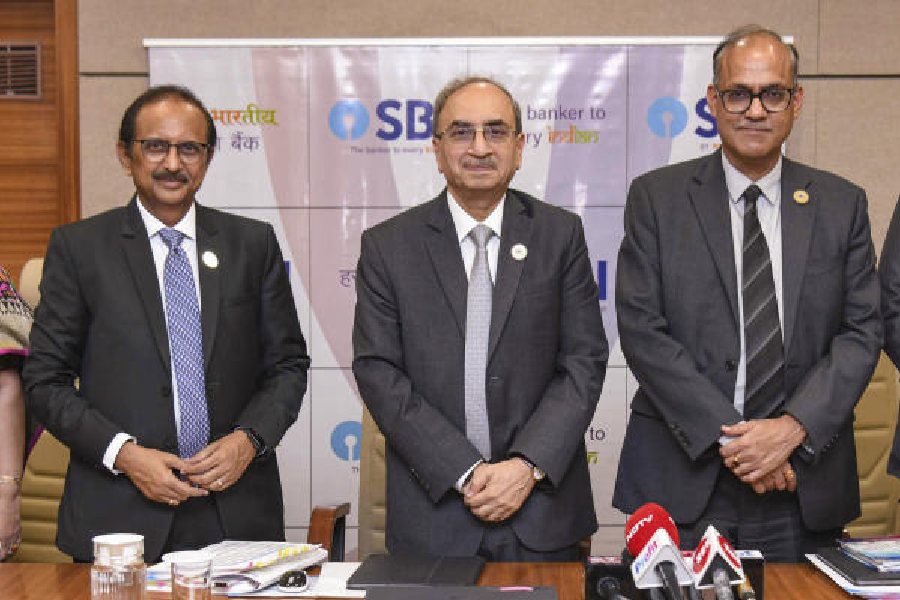The Centre has appointed Challa Sreenivasulu Setty as the chairman of State Bank of India (SBI) for a period of three years.
Setty, the senior most managing director of the bank, will replace current chairman Dinesh Kumar Khara on August 28.
A statement from the government said the Appointments committee of the Cabinet has approved the proposal of the Department of Financial Services to appoint Setty as the SBI chairman for three years with effect from the date of assumption of charge.
Khara will be superannuating on August 28, when he turns 63, the upper age limit for the position of an SBI chairman.
On June 29, the Financial Services Institutions Bureau (FSIB) had recommended Setty to the position of SBI chairman.
As the managing director, Setty has been looking after the international banking, global markets and technology verticals.
He joined the SBI board as a managing director in January 2020.
Earlier, he headed the retail and digital banking verticals apart from also leading various task forces and committees formed by the Government of India.
A Bachelor of Science in agriculture and a certified associate of the Indian Institute of Bankers, Setty started his career with SBI in 1988 as a probationary officer.
He has also held key assignments in SBI including deputy managing director — stressed assets resolution group, chief general manager and general manager in corporate accounts group.
He was also deputy general manager in mid-corporate group and vice-president and head (syndications) in SBI, New York branch.
Khara took charge as the chairman of SBI for a period of three years in October 2020. Subsequently his tenure was extended till August 2024.
The Centre also appointed Rana Ashutosh Kumar Singh (currently deputy managing director) as the managing director of SBI after Setty.
Khara recently said the bank is targeting a credit growth of 15 per cent in 2024-25 and a deposit growth of 8 per cent. He said the bank will try to get the deposit growth to 10 per cent.
In the first quarter, SBI reported a profit of ₹17,035 crore against ₹16,884 crore in the corresponding period of the previous year on strong loan growth.











